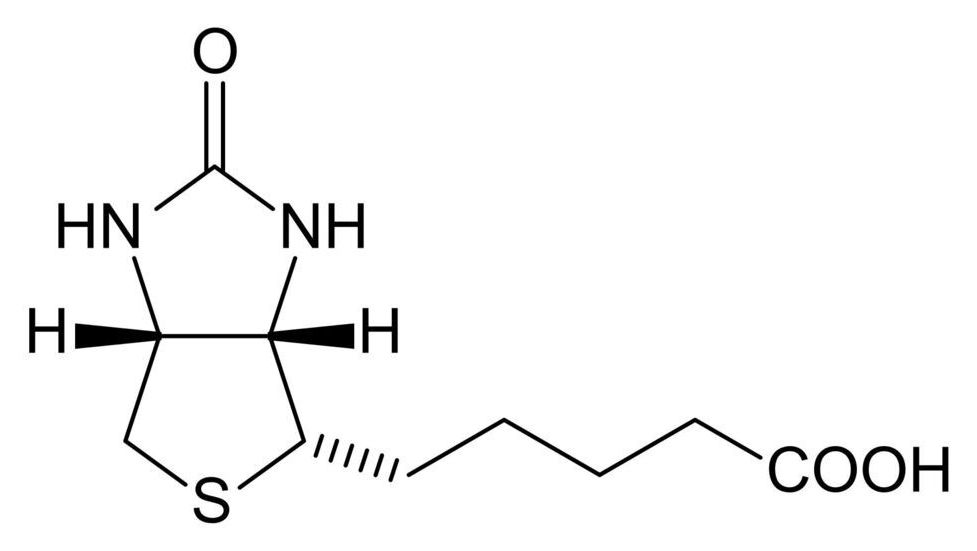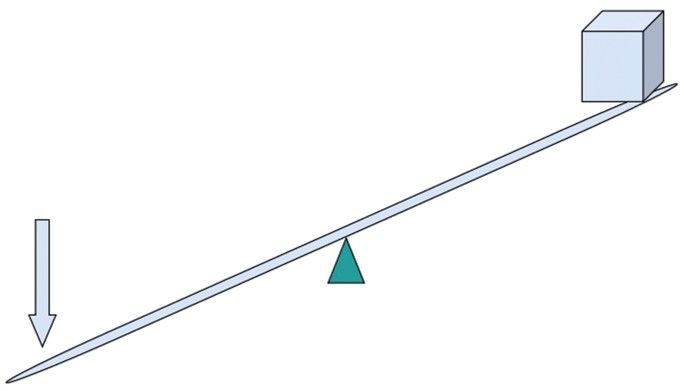Biotin is also known as vitamin H, named for the German words “Haar” and “Haut,” which mean hair and skin. This was due to the fact that even slight deficiencies cause hair thinning, skin rash or brittle fingernails. New research, just published in PNAS, now shows that some forms of severe neurodegeneration, like the frontotemporal dementia seen in Alzheimer’s and Parkinson’s, can directly result from lack of sufficient biotin.
The authors discovered this by looking at fruit flies with dementia. Now, before anyone chuckles, fruit flies actually make a nice model of Alzheimer’s or other diseases when they are given the right genes. Human versions of defective MAPT (tau) genes cause these flies to develop tauopathies that resemble those that occur in our own brains. To delve deeper into the neurotoxicity of tau, they looked at over 7000 fly genes in a forward genetic screen before zeroing in on one significantly modified toxicity of the tauR406W mutant. This gene, Btnd, encodes the biotinidase enzyme that extracts biotin from food sources or recycles it from used enzymes.







